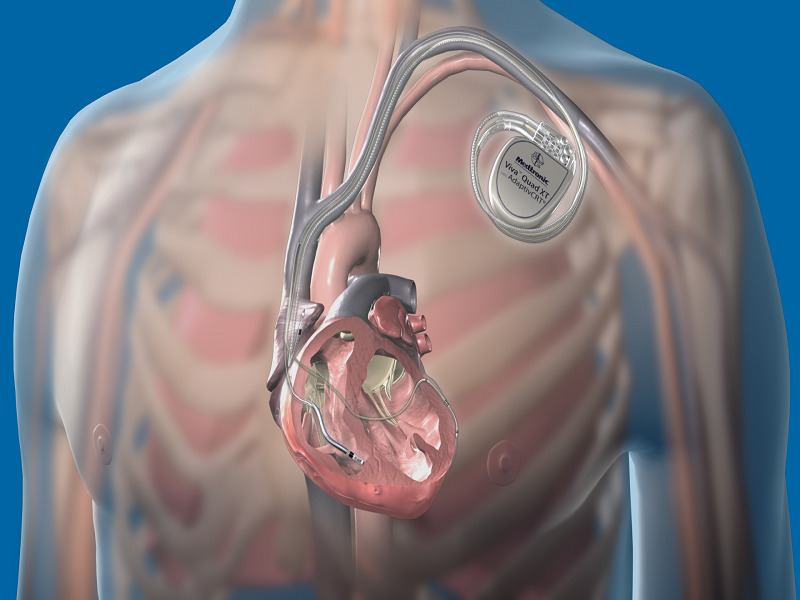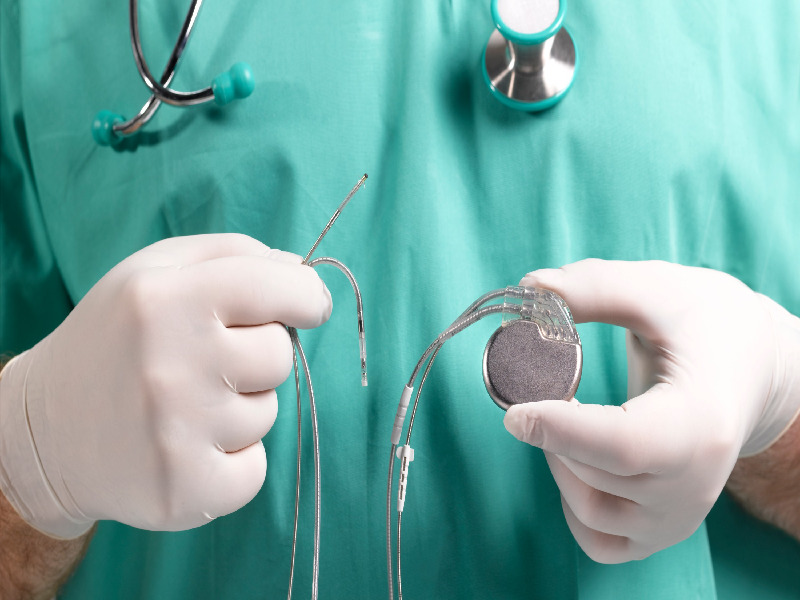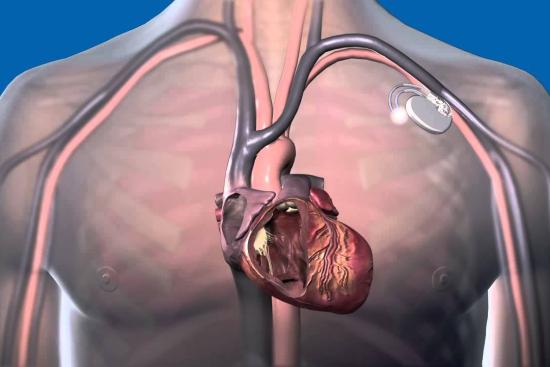Cardiac resynchronization therapy (CRT),also known as biventricular pacing, is an essential treatment for heart failure.
The procedure in Turkey involves implanting a small electronic device that sends small electrical pulses to the heart. This device allows the two chambers of the heart to work in harmony to pump blood efficiently.
- People with severe heart failure.
- It all depends on the type of implantation (from 1 to 5 hours).
- Hospitalization for 1 to 2 nights after implantation.
Best Clinics with Verified Reviews

- Multispecialized hospital
- 7 operating rooms
- Capacity é of 170 beds

- Multispecialized hospital
- Hospital founded in 2007
- Very good reputation in ENT department
Who is the CRT therapy for?
The heart has its own electrical system that is responsible for contracting the heart muscle to pump blood and deliver oxygen to the body. This is done by the two lower chambers of the heart (the ventricles),which pump blood in a steady, synchronized manner.
This system can sometimes be impaired by heart disease or simply aging, leading to heart muscle weakening and disruption of heart rhythm.
This cardiac resynchronization therapy device, which stimulates the lower chambers synchronously (simultaneously),is an excellent option for people with :
- Moderate to severe heart failure.
- Abnormal heart rhythms.

Course of the CRT therapy
Cardiac resynchronization therapy involves the implantation of a pacemaker-like medical device that coordinates the beating of the lower chambers of the heart. This newfound synchronization allows the heart to pump blood more efficiently and evenly, improving circulation throughout the body.
The CRT device is used to improve heart function, quality of life and the effectiveness of medications.
There are actually two types of CRT:
- CRT-P (resynchronization with pacemaker function).
- CRT-D (resynchronization with pacemaker and defibrillator function).
The duration of cardiac resynchronization therapy (CRT) varies depending on the patient and his or her medical condition. In general, the hospital stay is short, from 2 to a maximum of 3 days. The patient's return home is approved by the physician after evaluation of the patient's condition.

Why carry out cardiac resynchronization therapy in Turkey?
The surgical expertise and rigorous follow-up required for CRT have led many patients to choose Turkey. The growth of Turkish clinics, their high level of service and prices well below those in Europe explain this choice.
On this subject, Turquie Santé offers you a free medical teleconsultation where our medical experts will answer all your questions about the course of your surgery.
We can also provide you with a free quote to help you plan your trip and find out the total cost of your surgery.
Schedule your free teleconsultation today!
Possible risks of cardiac resynchronization (CRT)
Potential risks of CRT include:
- Cardiac tamponade (0.1% chance).
- Infection (1 to 2% chance).
- Pneumothorax (1 to 2% chance).
- Bleeding around the CRT (1 to 2% chance).
- Pacing lead dislodgement (3-6% chance).
It would be best to remember that these risks are all relatively uncommon occurrences. Your doctor will discuss these risks in detail and answer any questions you may have.
Steps of cardiac resynchronization therapy
The procedure for implanting a cardiac resynchronization system consists of several stages:
Preoperative phase
A blood test is performed to check coagulation and blood flow. The cardiologist will then perform an electrocardiogram (ECG) or echocardiogram to look for symptoms of cardiac arrhythmia.
At the time of implantation
A cardiac resynchronization system is usually implanted under local anesthesia. An electrode is inserted into a vein in the shoulder or neck and guided to the heart using x-rays. The physician then connects it to the device already implanted, which controls and programs the CRT. The device is then placed under the skin and the incision is closed.
Post-operative phase
After the implantation, you will be taken to a recovery room where your heart rate and blood pressure will be monitored. You may experience some pain and bruising around the incision, but most patients are able to walk the same day.
Resuming normal activities often takes 2 to 4 weeks. In addition, a complete post-operative follow-up is scheduled for optimal healing.
Enjoy better heart health with Cardiac Resynchronization Therapy in Turkey!
Don't forget to tell any doctor or dentist that you have a pacemaker.
Share this page






